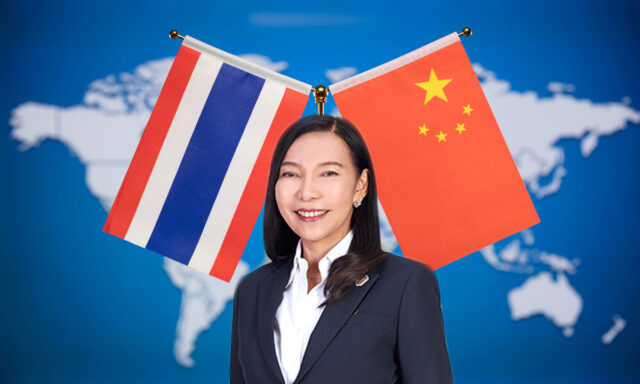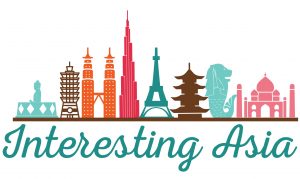
Competition between China and the United States has seen several countries in Southeast Asia take in companies looking to relocate their manufacturing bases. Thailand is now looking to get in on the action with the Office of Industrial Economics (OIE) believing the Kingdom is well positioned to support a number of affected industries.
“Thailand has already seen some benefits from this situation, with some major companies relocating their digital camera production bases from China to Thailand, positively impacting various economic activities,” OIE Director-General Khun Warawan Chitaroon told The Nation. “The economy can be further strengthened if Thailand is able to attract investment from companies in industries affected by the competition between China and the United States.”
Also Interesting: What does the future of manufacturing in Thailand look like?
Of course, there must be a reason for companies to invest in the Kingdom. One area where Thailand excels is supply chain resilience and this is something that should help it attract businesses looking to move.
“If account is taken of factors affecting the supply chain resilience of semiconductor and electronics production in each country, Thailand, Vietnam, and India have less complex technology and mainly focus on contract manufacturing in the early stages,” Khun Warawan noted. “Thailand’s supply chain resilience can compete with its counterparts since the competing countries are also industries with relatively similar complexity to Thailand. Each country has similar end-product manufacturing bases using components from the semiconductor industry, making them suitable for supply chain interconnection.”
It will be important for the Thai government to find additional ways to support manufacturing firms considering relocation due to competition between China and the United States. While the country is attractive from an investment standpoint, some areas can be improved.
“Another plus is that Thailand has the potential to attract investment from these companies. The government and private sector need to prepare for changing circumstances by pushing the Thai industrial sector to adopt advanced technology manufacturing,” Khun Warawan said. “Entrepreneurs should plan risk distribution in the event of a global supply chain disruption by sourcing raw materials from multiple sources. The government is currently accelerating the promotion of new trade partnerships to expand the market for Thai products and services.”
Keep Reading: The race for Japanese investment heats up

































